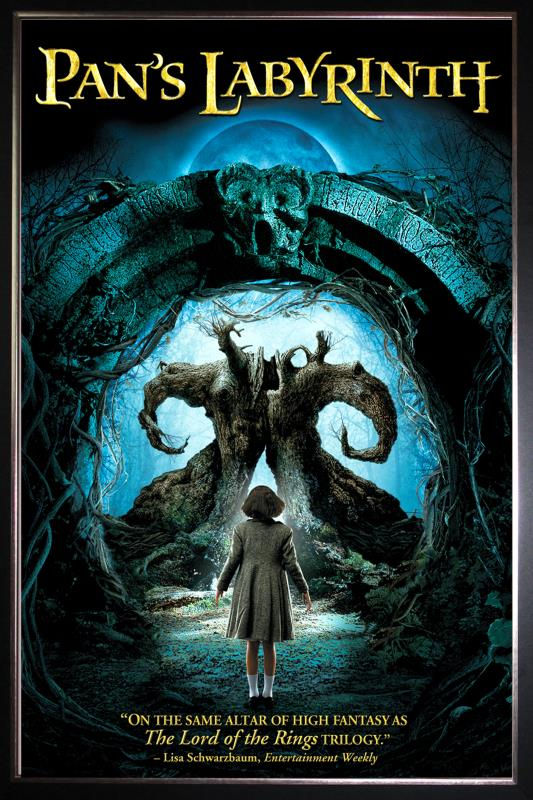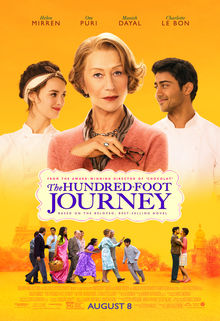Awakening the Romantic in All of Us: A "Shakespeare in Love" Review
- Madeline Glanton
- May 14, 2021
- 4 min read
“Shakespeare in Love,” the 1998 period romance directed by John Madden, centers on the famous playwright William Shakespeare (Joseph Fiennes) as he falls in love with Viola de Lesseps (Gwyneth Paltrow), a royal lady yearning to be an actor who is betrothed to another man. As the movie goes on, their love story inspires Shakespeare to write arguably his most iconic play, Romeo and Juliet. Now, I am quite the romantic. I love nothing more than a heart-stopping romance and this movie delivered just that. Fiennes is terrific. He has the looks and he suave to be a heartthrob today, but the sophistication and mad genius he adds to his performance makes him the perfect William Shakespeare. The way he carried himself with such wild confidence that would get interrupted whenever he had a sudden wisp of an idea really sold the idea that Shakespeare was a man on the brink of infamy. Fiennes also delivered some of the most swoon worthy moments of the entire film. His goodbye to Viola still gets me misty eyed: “You will never age for me, nor fade, nor die.” Ugh, be still my heart! Paltrow’s performance is nothing to scoff at either. After all, she did win Best Actress for her performance in this film, and rightfully so! Paltrow makes Viola the perfect heroine. She’s bright eyed and hopeful. Paltrow gives Viola these micro expressions that tell the audience exactly what she is feeling without saying a word. She is just so real in this film. It’s almost hard to describe. What put me over the edge in her performance were her crying scenes. She has a way of crying that is subtle, but heartbreaking and beautiful at the same time. It’s hard to cry in a film without going over the top, but Paltrow does it flawlessly. Every time she shed a tear, I got choked up. While the acting in the film was superb, nothing could compare to the genius that is the script. Written by Tom Stoppard and Marc Norman, the script of this film is nothing less than pure genius. They found a way to incorporate parts of the story of Romeo and Juliet into Will and Viola’s story without it being too obvious. Viola is forced to marry Lord Wessex like Juliet is forced to marry Paris. Will fights angrily in a duel with Lord Wessex after thinking Lord Wessex had Kit Marlowe killed, just like Romeo fights Tybalt after Tybalt killed Mercutio. Will falls madly in love at first sight with Viola at a ball just like Romeo did with Juliet. Will and Viola even have a balcony and goodbye scene similar to what Shakespeare writes. To top it all off, Viola even has a meddlesome yet helpful nurse just like Juliet. All of these scenes, poetic in their parallelism, helps make the story so believable. It helps the audience understand how Will and Viola’s love story inspired (at least in the film) the tale of the star-crossed lovers. If they had made the only similarities between the two stories the engagement, the film wouldn’t be as nearly as compelling. They also don’t shove it down your throat. They don’t force feed it to you. They make it very subtle. In the scenes similar to that of Shakespeare, they add one or two lines of his and mix in their own, so that way, if one is familiar with Shakespeare, they can have a little “ah-ha!” moment. I also loved how the introduced Shakespeare writing the Twelfth Night. By the end of the film, it seemed like the natural conclusion that Shakespeare would want to write about a heroine named Viola who ends up with the one she loved in a comedy. It perfectly contrasted with the tragic final end of Viola and Will. Another thing I marveled about with this film is that they somehow, in my opinion, made an ending that was sadder than Romeo and Juliet. At least in Romeo and Juliet the two lovers found each other in death. Will and Viola were completely separated, with an entire ocean separating them and Viola being married to another man. Their ending almost seemed more final than Romeo and Juliet’s, which is why I think their parting words differed from the ones of the star-crossed lovers. Romeo and Juliet tell each other, “Goodnight, goodnight. A thousand times goodnight.” This absence of a goodbye suggests that the lovers will see each other again. In contrast, Shakespeare tells Viola, “Goodnight, goodnight. A thousand times goodbye.” He decidedly says goodbye, symbolizing that this will be the last time he ever sees Viola and that there will be no reunion between the two of them until death. It’s heart shattering. Even if you’re a fan of Shakespeare or not, I highly encourage you go watch this Best Picture Winner. “Shakespeare in Love” is passionate, moving and will give you a greater appreciation for the iconic love story that is Romeo and Juliet.




Comments